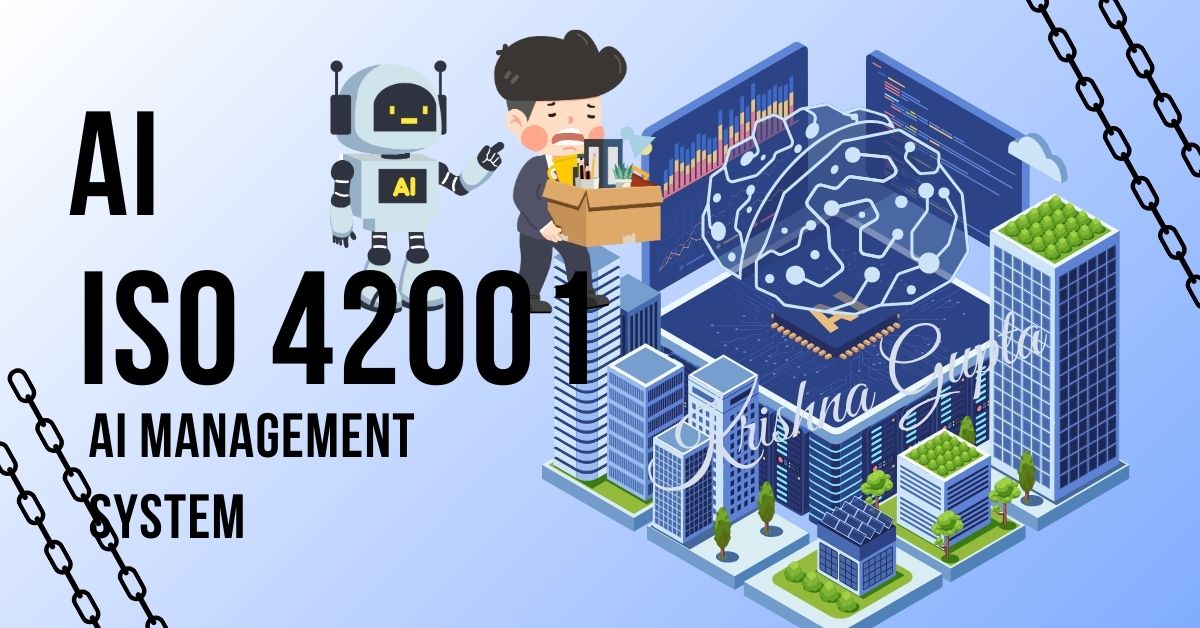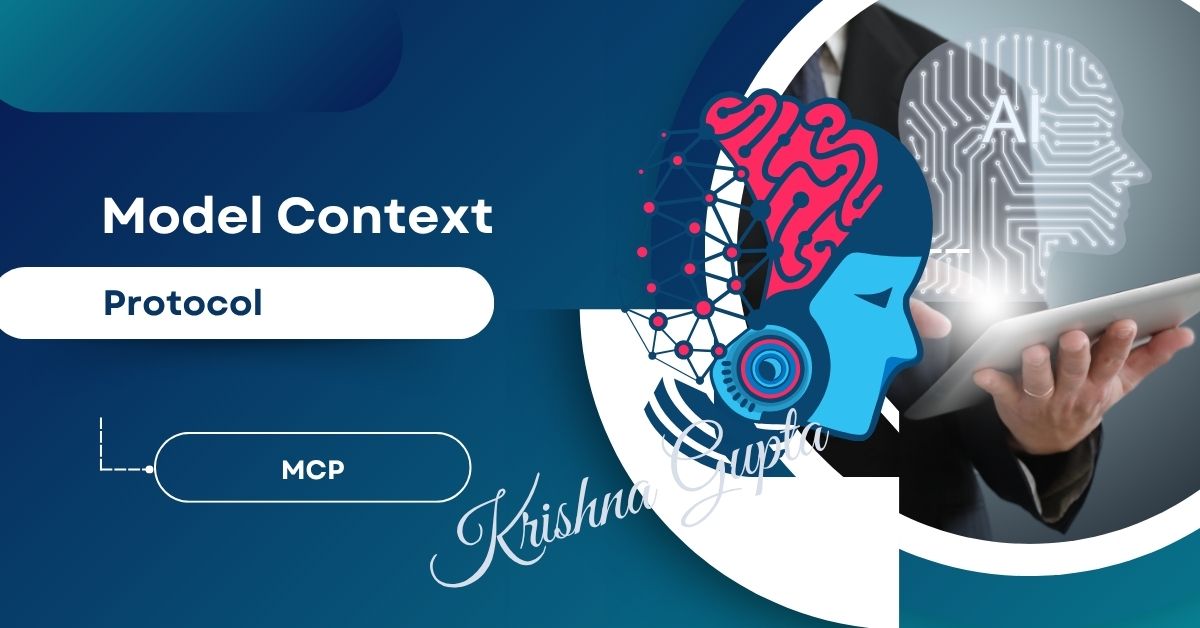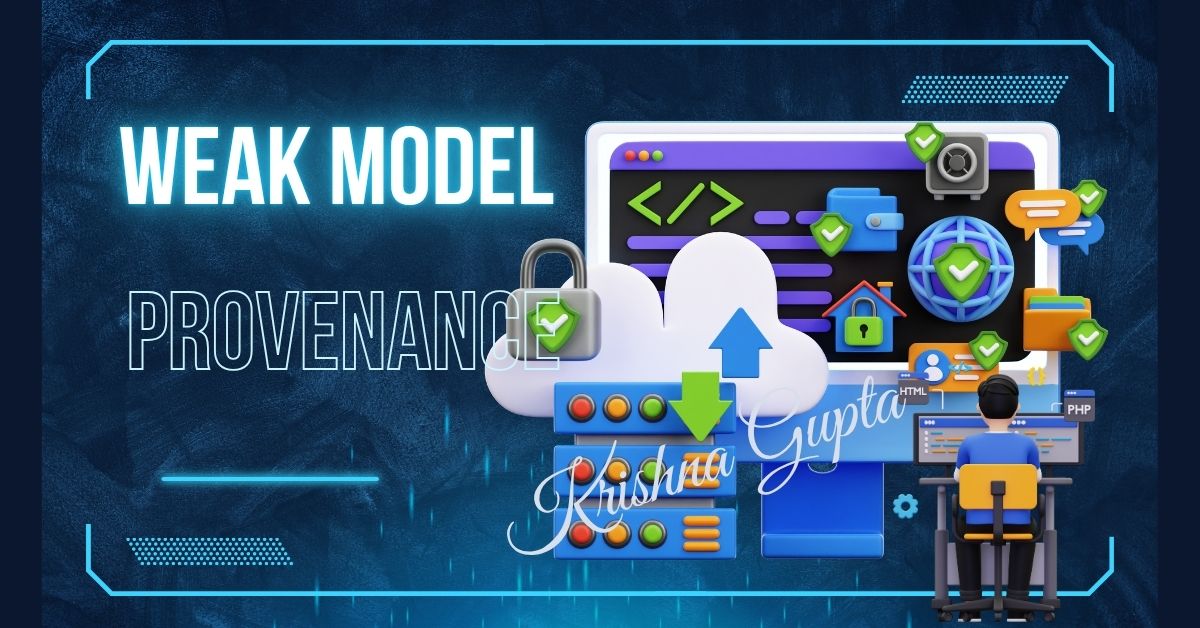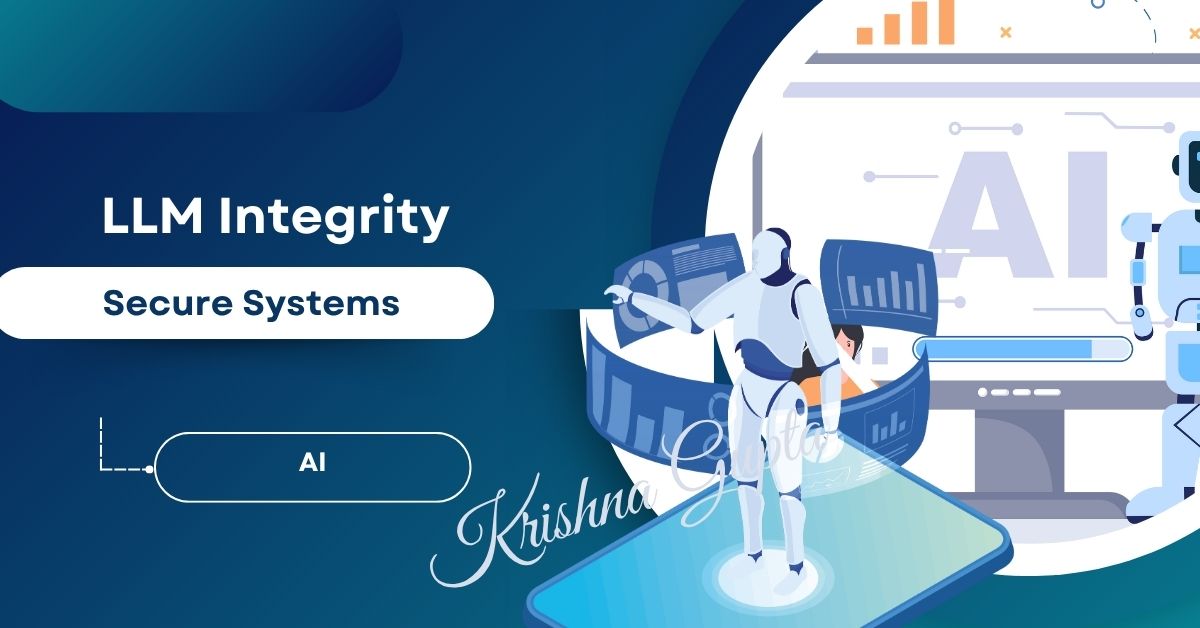The EU AI Act: A Strategic Mandate for C-Suite Leaders in the Age of Artificial Intelligence
Artificial Intelligence (AI) is no longer a futuristic concept confined to research labs and science fiction. It is reshaping industries, redefining customer experiences, and disrupting traditional business models. But with great power comes great responsibility—and regulatory oversight.
Enter the EU AI Act—the world’s first comprehensive legal framework for regulating artificial intelligence. As a C-suite executive, particularly if you are a CEO, CIO, CISO, or Chief Compliance Officer, understanding the implications of this act is not optional. It is a strategic imperative.
This blog post unpacks the EU AI Act with precision, offering C-level leaders actionable insights on how to navigate compliance, drive innovation, and mitigate risk—all while ensuring ROI.




